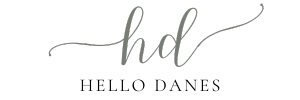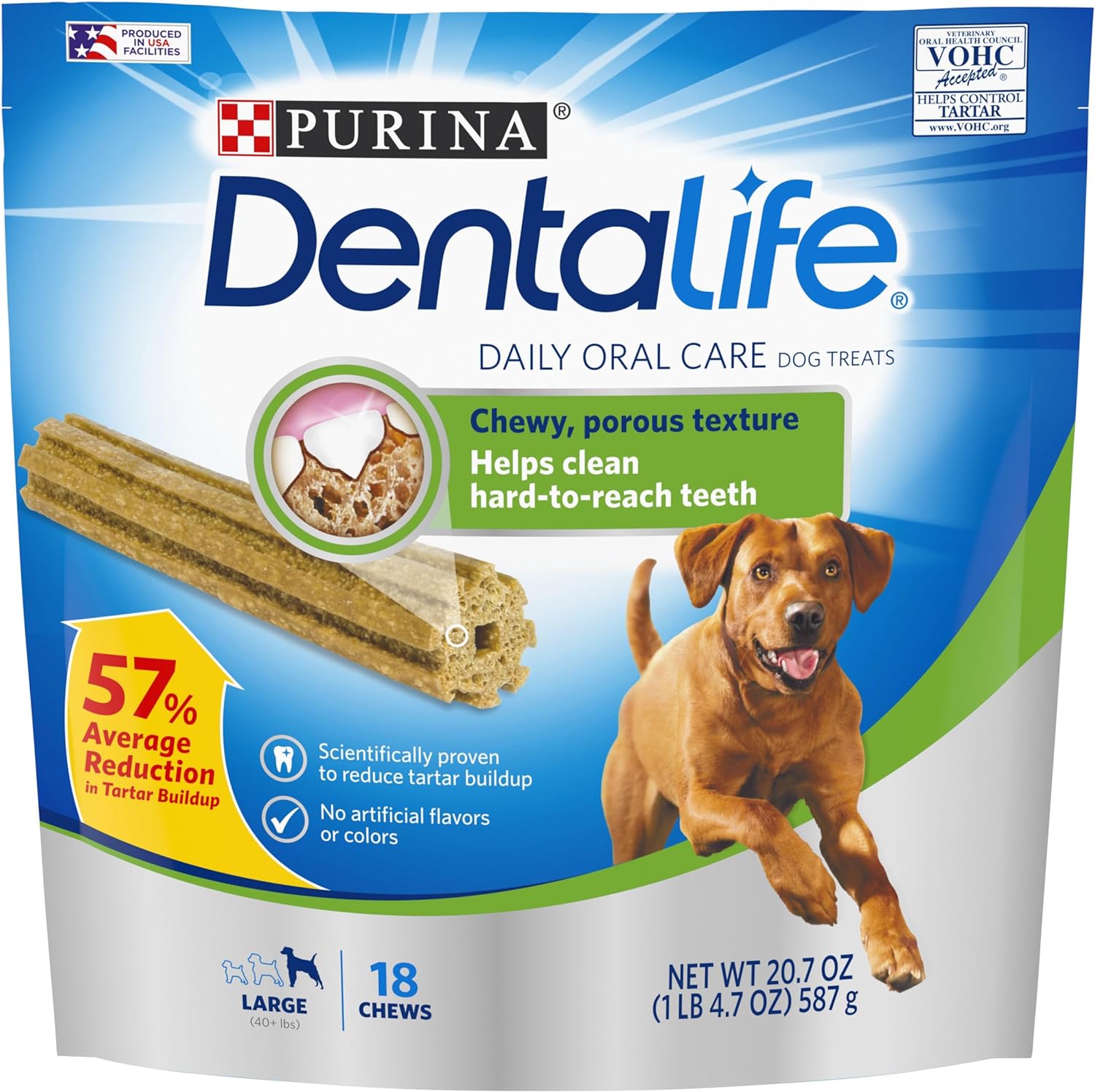You’re out on a nice stroll through the park when you discover that your dog ate goose poop. Discovering that your canine companion has indulged in a rather unconventional culinary choice—goose poop, of all things—might elicit a crinkled nose and a skeptical head shake.
Geese droppings seem to hold an inexplicable allure for some dogs, leading them on a gastronomic adventure into the world of waterfowl waste.
Grab your sense of humor and a strong stomach as we explore the aftermath of Fido’s feathered feast!

Is Goose Poop Toxic to Dogs?
Goose poop itself isn’t inherently toxic to dogs, but it can pose health risks depending on various factors:
- Bacteria and Parasites: Goose feces can contain bacteria such as E. coli, Salmonella, and Campylobacter, as well as parasites like Giardia and roundworms. Ingesting contaminated feces can lead to gastrointestinal upset and potential infections in dogs.
- Leptospirosis: Geese and other wildlife can carry leptospirosis bacteria, which can be present in their feces. Leptospirosis can cause serious illness in dogs and can be transmitted through contact with contaminated water or soil.
- Dietary Concerns: Geese may consume a variety of foods, including grass, insects, and human food scraps, which can influence the composition of their droppings. Depending on what the geese have eaten, their feces may contain substances that could be harmful to dogs if ingested in large quantities.
- Environmental Contaminants: In areas where geese frequent, their droppings can accumulate and may contain environmental contaminants such as pesticides or pollutants from runoff, which could pose additional risks if ingested by dogs.
While a small amount of goose poop ingestion may not cause significant harm to all dogs, it’s best to discourage this behavior to minimize the risk of illness.
If your dog has consumed goose poop or is showing any signs of illness after ingestion, it’s advisable to consult your veterinarian for guidance tailored to your dog’s specific situation. Additionally, keeping your dog up to date on vaccinations and practicing good hygiene can help reduce the risk of illness from exposure to goose feces.

Does Goose Poop Cause Giardia?
While goose poop itself may not directly cause Giardia, it can potentially contribute to the transmission of Giardia parasites. Giardia is a protozoan parasite that can infect the intestines of mammals, including dogs, and cause gastrointestinal illness.
Giardia is typically spread through the ingestion of contaminated water or food that contains the cysts of the parasite. Geese, like many other animals, can carry Giardia in their feces if they are infected.
If a dog ingests water or food contaminated with Giardia cysts from goose poop, they can become infected with the parasite.
Therefore, while goose poop may not be the sole cause of Giardia infections in dogs, it can serve as a potential source of contamination if the feces are carrying Giardia cysts. Preventing dogs from ingesting goose poop and practicing good hygiene, such as proper disposal of feces and regular handwashing, can help reduce the risk of Giardia transmission.
If your dog shows signs of Giardia infection, such as diarrhea, vomiting, and weight loss, it’s essential to consult your veterinarian for diagnosis and treatment.

Can Dogs Get Leptospirosis from Eating Goose Poop?
While it’s less common for dogs to directly contract leptospirosis from eating goose poop, they can still be at risk of leptospirosis if they come into contact with contaminated water or soil where infected goose feces are present.
Leptospirosis is a bacterial infection caused by Leptospira bacteria, which can be shed in the urine of infected animals, including geese.
If a dog ingests water or soil contaminated with Leptospira bacteria from infected goose feces, they can become infected with leptospirosis. Dogs are more likely to contract leptospirosis through exposure to contaminated water sources, such as ponds, puddles, or wet grass, rather than directly from eating goose poop.
Therefore, while the risk of dogs getting leptospirosis from eating goose poop is relatively low, it’s still essential to take precautions to prevent exposure to contaminated environments where the bacteria may be present.
This includes avoiding areas with standing water or known wildlife activity, ensuring your dog’s vaccinations are up to date (including the leptospirosis vaccine), and practicing good hygiene by washing your hands after handling your dog or cleaning up after them.
If you suspect your dog may have been exposed to leptospirosis or if they show symptoms such as fever, lethargy, vomiting, or jaundice, it’s crucial to consult your veterinarian promptly for evaluation and treatment.

My Dog Ate Goose Poop & Is Throwing Up
If your dog is throwing up after eating goose poop, it’s essential to take action to ensure their well-being. Here’s what you should do:
- Monitor your dog: Keep a close eye on your dog’s condition. Note any other symptoms they may be experiencing, such as diarrhea, lethargy, or abdominal pain.
- Limit access to food and water: Temporarily withhold food and water to give your dog’s stomach a chance to settle. This can help prevent further vomiting and may reduce irritation to the stomach.
- Contact your veterinarian: Call your vet immediately to inform them of the situation. Describe your dog’s symptoms and follow any instructions they provide. They may recommend bringing your dog in for an examination or advise you on home care.
- Provide supportive care: Follow your vet’s recommendations for supportive care at home, which may include giving small amounts of water or electrolyte solution to prevent dehydration once vomiting has subsided.
- Avoid further ingestion: Prevent your dog from eating more goose poop or anything else potentially harmful. Keep them under close supervision and consider using a leash during walks to control their access to outdoor areas.
- Follow-up with your vet: If your dog’s vomiting persists or if they develop other concerning symptoms, follow up with your veterinarian promptly for further evaluation and treatment.
While occasional vomiting may occur in dogs for various reasons, including dietary indiscretion such as eating goose poop, persistent or severe vomiting can indicate a more serious underlying issue that requires veterinary attention. Err on the side of caution and seek prompt veterinary care to ensure the best outcome for your dog’s health.

How Do I Stop My Dog From Eating Goose Poop?
Stopping your dog from eating goose poop can be challenging but is certainly possible with consistent training and management strategies.
Here are some tips to help prevent this behavior:
- Supervise and redirect: When walking your dog in areas where geese frequent, keep a close eye on them and intervene immediately if they show interest in goose poop. Use verbal cues or a gentle tug on the leash to redirect their attention away from the feces.
- Teach a strong “leave it” cue: Train your dog to respond reliably to a “leave it” command, which instructs them to ignore or move away from whatever they’re focused on, including goose poop. Practice this command in various environments and reward your dog for compliance.
- Use positive reinforcement: Reward your dog with treats, praise, or toys when they ignore goose poop or respond to your cues to leave it alone. Positive reinforcement helps reinforce desired behaviors and encourages your dog to listen to you.
- Keep your dog on a leash: In areas where goose poop is prevalent, such as parks or waterfronts, keep your dog on a leash to prevent them from wandering off and indulging in scavenging behavior.
- Provide mental and physical stimulation: Ensure your dog receives enough exercise, playtime, and mental stimulation to keep them mentally and physically satisfied. A well-exercised and mentally stimulated dog is less likely to engage in undesirable behaviors like eating goose poop out of boredom.
- Avoid areas with high goose activity: If possible, avoid walking your dog in areas where geese congregate, especially during nesting or molting seasons when goose activity may be higher.
- Consider deterrents: Some pet owners have had success using commercial deterrent sprays or natural deterrents like bitter apple spray on goose poop to make it less appealing to dogs. However, always consult with your veterinarian before using any products on or around your dog.
- Regularly clean up your yard: If you have geese frequenting your yard, regularly clean up goose poop to minimize the temptation for your dog to eat it.
Consistency and patience are key when training your dog to avoid eating goose poop. With time and effort, you can help your dog overcome this behavior and enjoy worry-free walks together. If the behavior persists despite your efforts, consider consulting a professional dog trainer or behaviorist for additional guidance and support.



